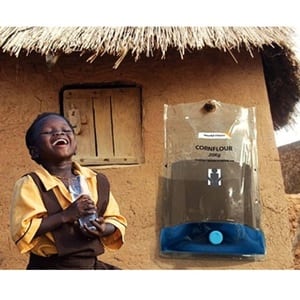
Agriculture
January 3, 2024
Life Sack
Read SolutionImplemented by
Jung Uk Park, Myeong Hoon Lee, and Dae Youl Lee
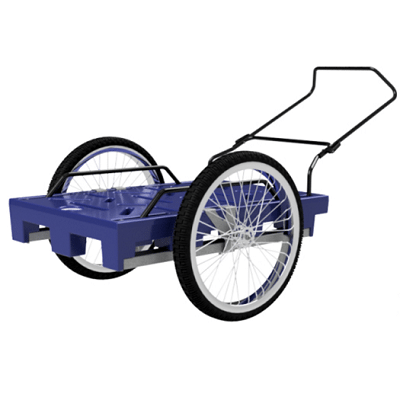
Updated on June 23, 2024
·Created on July 18, 2016
AguaPallet is a rotationally molded pallet to transport water and other supplies for disaster relief.
AguaPallet is a hollow, rotationally moulded pallet for delivering humanitarian aid that can be transformed into a hand cart and mobile water container of up to 70 liters. Initially, the product acts strictly as a typical shipment pallet, with a primary intended use as a water container once its initial function is completed.
Target SDGs
SDG 3: Good Health and Well-Being
SDG 6: Clean Water and Sanitation
Market Suggested Retail Price
$100.00
Target Users (Target Impact Group)
Household, Community
Distributors / Implementing Organizations
Looop Creative Ltd. intends to work with humanitarian agencies, including NGOs, national relief organizations, and international relief organizations to help distribute the AguaPallet when disaster occurs and the product is needed.
Regions
Worldwide
Manufacturing/Building Method
The AguaPallet is designed for mass production and has been developed with batch production or continuous process production in mind. Interview with representative
Update in 2020 from manufacturer: The status of the AguaPallet Project has not materially altered. It is currently available to use license-free, for commercial use, on a Creative Commons Share and Share Alike license. While it is currently not in production, the design files are available for free download off the website.
Intellectural Property Type
Open-source
User Provision Model
Open source construction plans are available for download by the user
Distributions to Date Status
No products distributed to date. The product is a prototype and is currently undergoing design, manufacturing, and distribution planning/review.
Container Volume (Liters)
70 L
Handle for pouring (yes/no)
Yes
Transport Method
Push
Technical Support
The designers are relying on local technicians to provide support. Any bicycle technician should be able to fix an issue with the AguaPallet. Interview with representative
Replacement Components
All components have been designed to be repaired. Unknown if local materials can be used for repairs or if user will have to contact manufacturer. The product also has modularity to varying wheel sizes depending on locally available parts.
Lifecycle
Unknown
Manufacturer Specified Performance Parameters
One AguaPallet can supply enough water in a single trip for a family for a whole day. Users will also be able to carry other items while transporting the water since it is now contained in a cart. The AguaPallet can also be used to assist people with mobility issues.
Vetted Performance Status
Vetted performance: The AguaPallet has been developed into five different prototypes, with the fourth prototype currently in design.Interview with representative AP1 was a crude scale model given to individuals who had direct experience of the Christchurch earthquake in 2010 and 2011, and was made from cardboard to test handle concepts. AP2 was built using off-the-shelf parts in Santiago, Chile using funding earned by winning UNICEF's "First 72 Hours" prize, and answered questions on maneuverability, water distribution, and balance of the concept. AP3 aimed to fix structural strength issues resulting from using purchased components, and initial user testing began. AP4 has been designed and tested. The latest version is AP5. It has been developed in 2017 and its drawings are already available open source online.
Safety
The AguaPallet is a water transport device, and does not filter or disinfect the water it carries. If the inside of the container becomes contaminated, it may be difficult to disinfect/clean.
Complementary Technical Systems
The product could be combined with a water collection technology before being used for transport. A filter or disinfectant can be used with the AguaPallet to ensure potable drinking water.
Academic Research and References
Compliance with regulations
Unknown
Evaluation methods
The AguaPallet has been developed into five different prototypes. The first two prototypes were developed using laboratory testing and design. The third prototype incorporated user testing.
Other Information
Winner of UNICEF's Global Innovation Challenge - The First 72 Hours.
Informational video about the AguaPallet.

Agriculture
January 3, 2024
Implemented by
Jung Uk Park, Myeong Hoon Lee, and Dae Youl Lee
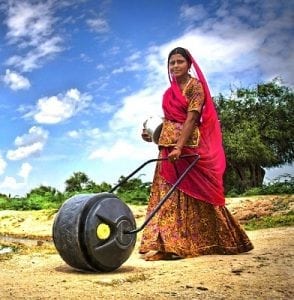
Agriculture
June 22, 2024
Implemented by
Wello
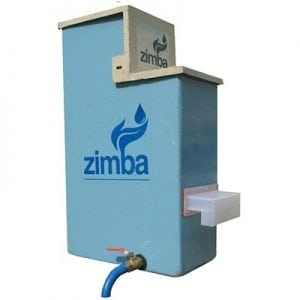
Agriculture
January 3, 2024
Implemented by
Suprio Das
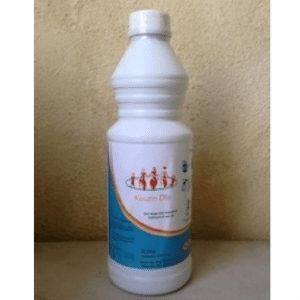
Agriculture
January 2, 2024
Implemented by
Archimedes Project
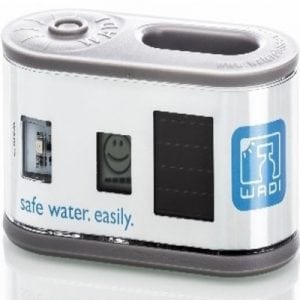
Agriculture
January 3, 2024
Implemented by
Helioz
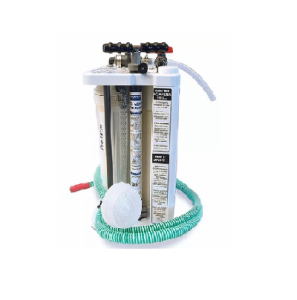
Agriculture
December 28, 2023
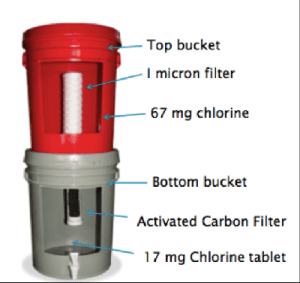
Agriculture
January 24, 2024
Implemented by
Gift of Water
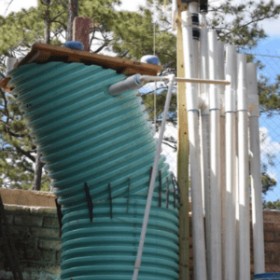
Agriculture
January 18, 2024
Implemented by
Agua Clara LLC
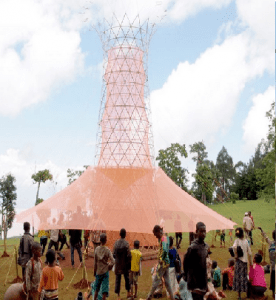
Agriculture
January 26, 2024
Implemented by
Warka Water
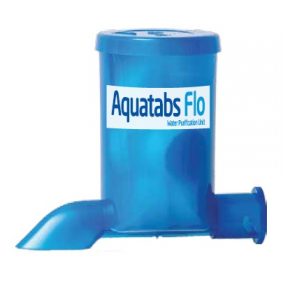
Agriculture
January 27, 2024
Implemented by
Medentech Ltd
Have thoughts on how we can improve?
Give Us Feedback
As a general comparison comment, eSoko seems to be a more powerful tool, highlighting parameters like target users, smartphones support, languages and payment models supported (B2B and B2C). Even when iCow seems to be a more affordable and easy to deploy tool, its model could not be sustainable along the time, and an eventual evolution project (highly probable) could be too hard and long.
I think all the performance parameters took into account are useful. Even that, I could recommend to add these new parameters, which are important in the mobile apps/tools:
– Potencial Evolution
– Data/Call consumption rate
– Power consumtion rate
– Easy to deployment
The concept of reusable pads definitely addresses waste issues related to disposable products. The product construction will also lead to better performance compared to traditional reusable cloth napkins (e.g. it will provide leakage protection because different from the traditional type, it has an impermeable barrier layer). If these pads are properly sanitized between uses, they are a valid alternative to commercial pads. But herein also lays a risk: Not only might it be difficult for women to sanitize the pads properly between uses (e.g. lack of clean water, disinfectant soap etc.), the issue is probably even more about user compliance to instructions (i.e. users don’t follow cleaning instructions). Improper cleaning of the pads between uses can result in the pads carrying pathogens which could have detrimental health effects, effectively posing a similar risk as traditional reusable cloth napkins made from old saris etc.In my opinion the key issue to be addressed is health related, therefore I’d be reluctant to trade off health benefits against waste management benefits.
Again, the cost of these pads in context of the daily earnings of the target group is high. If the pads last for a very long time, this still could be of value for the women and worth investing in.
I also do like the idea of creating local jobs for women manufacturing these pads and the idea of combining the distribution of the products with the dissemination of women’s health education.